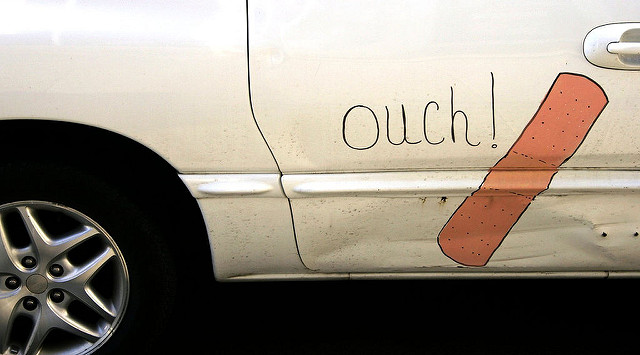Almost half the hospitals in the U.S. that treat Medicare patients, participate in the federal government’s 340B program, designed to provide discounts to safety net health providers and increase services to underserved patients. Through participation in the program, hospitals save as much as 25 to 50 percent on outpatient drug costs so that they can provide more services and/or provider more charity care and serve more patients. The GAO and others have found this federal drug discount program likely hurts cancer patients and increases Medicare costs.
One recent study found that the majority of 340B hospitals provide less charity care than the national average. It also appears that the drug companies make money off 340B programs even though the program requires substantial discounts on cancer drugs by raising prices more than the discounts offered.
Specifically, the GAO report found that per person cancer drug spending for people with Medicare was more than twice as high in 340B hospitals than in non-340B hospitals. And, from this, GAO concluded that 340B hospitals either prescribe more cancer drugs or more expensive drugs than non-340B hospitals. This is not surprising given that the 340B program provides hospitals a financial incentive to spend more on cancer drugs; the 340B program is a profit center for them.
The GAO raises three main concerns: 1. How to ensure the 340B hospitals are providing appropriate treatment to cancer patients; 2. How to protect these cancer patients from being liable for higher drug copays than they should be paying because their drug costs are higher? and 3. How to reduce unnecessary Medicare spending?
HHS, which oversees the 340B program suggests that patient outcomes may differ–and may be better–in the 340B programs. But, the GAO concludes otherwise.
Here’s more from Just Care:
- Most hospitals lose money on patient care
- Majority of cancer drugs that FDA has recently approved don’t work
- Plan ahead for a hospital visit: Talk to the people you love about these seven important items
- How to prepare for your hospital stay
- More data needed to drive down costs, improve patient safety
- Seven things to do before you or someone you love leaves the hospital










